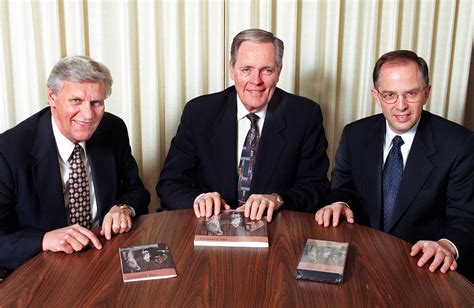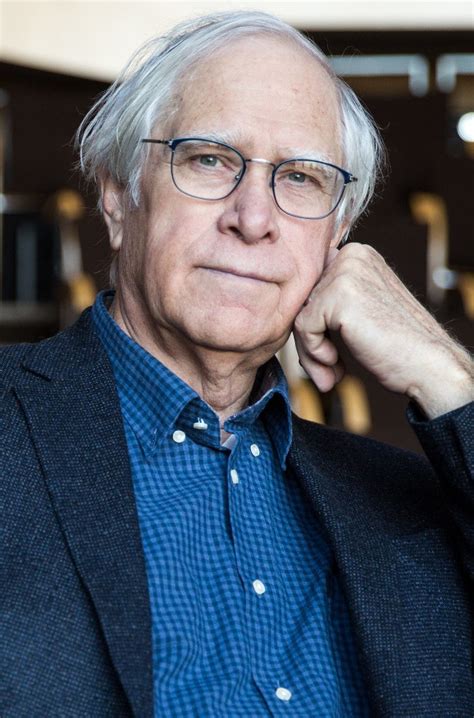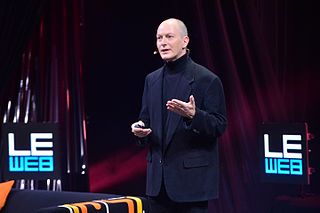A Quote by Glenn L. Pace
When we get emotionally and spiritually involved in helping a person who is in pain, a compassion enters our heart. It hurts, but the process lifts some of the pain from another.
Related Quotes
Grief does not end and love does not die and nothing fills its graven place. With grace, pain is transmuted into the gold of wisdom and compassion and the lesser coin of muted sadness and resignation; but something leaden of it remains, to become the kernel arond which more pain accretes (a black pearl): one pain becomes every other pain ... unless one strips away, one by one, the layers of pain to get to the heart of the pain - and this causes more pain, pain so intense as to feel like evisceration.
Loneliness is the worst pain in this world. It constantly eats away the person's heart, and can cause the person to hate, to feel enraged. It is like a wound of the heart; the type of wounds that cannot go away with a kiss or a hug. The only thing that can make this great pain go away is love and compassion, another human heart to pull them out of this hell.
Compassion arises naturally as the quivering of the heart in the face of pain, ours and another's. True compassion is not limited by the separateness of pity, nor by the fear of being overwhelmed. When we come to rest in the great heart of compassion, we discover a capacity to bear witness to, suffer with, and hold dear with our own vulnerable heart the sorrows and beauties of the world.
Have you ever experienced a pain so sharp in your heart that it's all you can do to take a breath? It's a pain you wouldn't wish on your worst enemy; you wouldn't want to pass it on to anyone else for fear he or she might not be able to bear it. It's the pain of being betrayed by a person with whom you've fallen in love. It's not as serious as death, but it feels a whole lot like it, and as I've come to learn, pain is pain any way you slice it.
As an individual with my own hurts, I go into the Garden (Gethsemane) as often as I need to. There I identify with the pain in the other, with my part in that pain, my part in tempting someone to wound me. I experience the other's pain, and God's pain, and am devastated - because their pain becomes my own. Feeling such anguish, I can forgive, or deeply repent, either for myself or on behalf of the other.
We all know that as we form thoughts, they form deep channels in our minds and in our brains. Chronic pain is an example. If you burn yourself, you pull your hand away. But if you're still in pain in six months' or six years' time, it's because these circuits are producing pain that's no longer helping you.
It is our own pain, and our own desire to be free of it, that alerts us to the suffering of the world. It is our personal discovery that pain can be acknowledged, even held lovingly, that enables us to look at the pain around us unflinchingly and feel compassion being born in us. We need to start with ourselves.
In contrast, compassion manifests in us as the offering of kindness rather than withdrawal. Because compassion is a state of mind that is itself open, abundant and inclusive, it allows us to meet pain more directly. With direct seeing, we know that we are not alone in our suffering and that no one need feel alone when in pain. Seeing our oneness is the beginning of compassion, and it allows us to reach beyond aversion and separation.































